Impact crushers are popular in industries like mining, construction, and recycling for their ability to crush hard and brittle materials efficiently—think limestone, concrete, and asphalt. But like any heavy equipment, they come with unique challenges that can affect performance, downtime, and profitability. Below, we break down the biggest problems with impact crusher machines and why they matter.
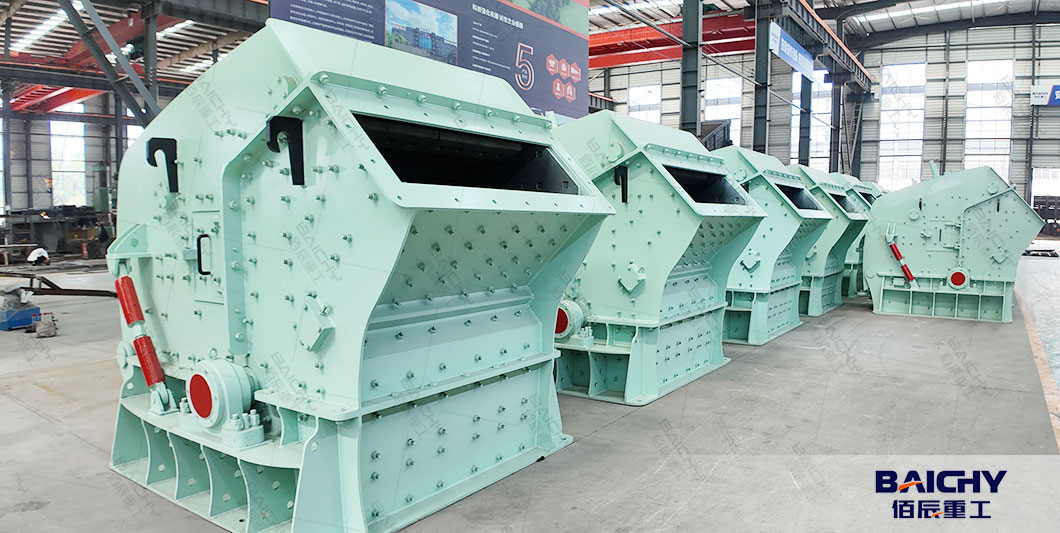
1. High Wear and Tear on Components (Especially Blow Bars)
The Issue: Impact crushers work by using high-speed rotating blow bars to strike materials, which then rebound off breaker plates for secondary crushing. This intense, repetitive impact puts massive stress on key components—most notably the blow bars, breaker plates, and liners.
- Blow bars are the frontline of impact crushing. Made from materials like high-chrome steel or manganese, they wear down quickly, especially when crushing abrasive materials (e.g., granite, quartz) or materials with impurities (e.g., metal scraps in construction waste).
- Breaker plates and liners also suffer from constant impact, leading to cracks or thinning over time.
* Consequences:
Frequent replacement of worn parts increases maintenance costs and downtime. For example, a quarry crushing hard basalt might need to replace blow bars every 200–300 hours of operation, halting production each time.
2. Inefficiency with High-Moisture Materials
The Issue: Impact crushers struggle with materials that have high moisture content (above 10–15%). When wet, materials like clay or limestone can clump together, sticking to the crusher’s chamber, blow bars, or discharge chute.
* Consequences:
- Clogging reduces throughput, forcing operators to stop and clean the machine—wasting time and labor.
- Wet materials also cushion the impact of the blow bars, making the crushing process less effective. This leads to uneven particle sizes and the need for re-crushing, increasing energy consumption.
For instance, in rainy seasons, construction sites recycling wet concrete often find their impact crushers underperforming compared to jaw crushers, which handle moisture better.
3. Higher Energy Consumption Than Other Crushers
The Issue: Impact crushers rely on high-speed rotation (often 800–1,500 RPM) to generate the force needed for crushing. This requires more power than slower-moving crushers like jaw crushers or cone crushers.
* Consequences: Higher energy bills, especially for large-scale operations. A 300-ton-per-hour impact crusher can consume 15–20% more electricity than a jaw crusher of the same capacity, adding up significantly over months of continuous use.
4. Limited Ability to Crush Ultra-Hard Materials
The Issue: While impact crushers excel at crushing medium-hard materials (e.g., limestone, asphalt), they struggle with ultra-hard, abrasive materials like granite, diabase, or ore with high silica content. The intense impact needed to break these materials accelerates wear on blow bars and other components, making them impractical for long-term use.
* Consequences:
- Shortened lifespan of parts, increasing replacement costs.
- Inconsistent product quality, as hard materials may not break evenly, leading to oversize particles.
Mines processing hard ore typically opt for cone crushers instead, as they use compression (not impact) to crush, reducing wear.
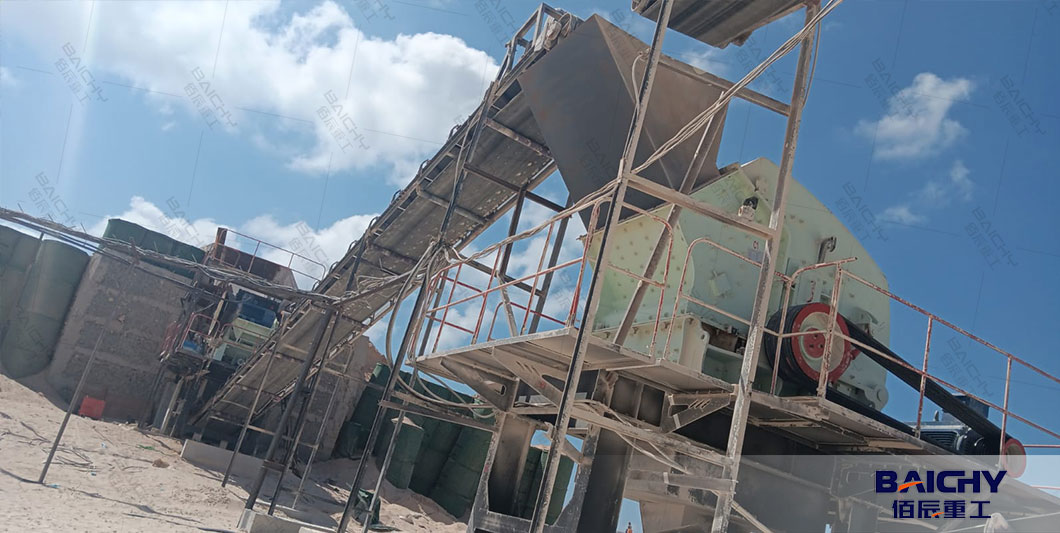
5. Noise and Vibration Issues
The Issue: The high-speed impact of blow bars against materials generates significant noise (often 100+ decibels) and vibration. This is more pronounced than in jaw or cone crushers, which operate at lower speeds.
* Consequences:
- Noise pollution: Requires strict compliance with workplace safety regulations (e.g., OSHA’s 90-decibel limit for 8-hour exposure). Operators need hearing protection, and nearby communities may complain about noise levels.
- Vibration damage: Excessive vibration can damage the crusher’s frame, foundations, or nearby equipment over time. It may also require additional investments in vibration-dampening measures.
6. Complex Maintenance for Rotor and Balance
The Issue: The rotor (the rotating shaft with blow bars) is the heart of an impact crusher. If not properly balanced, it can cause severe vibrations, leading to premature wear on bearings, shafts, or the frame. Balancing the rotor after replacing blow bars or repairing damage is a delicate, time-consuming process.
* Consequences:
- Unplanned downtime for rebalancing, which requires skilled technicians and specialized tools.
- Increased risk of catastrophic failure if imbalance is ignored—e.g., a misaligned rotor can snap shafts or crack the crusher’s housing.
How to Mitigate These Problems?
While these issues are inherent to impact crushers, they can be managed:
- Use high-quality, wear-resistant materials (e.g., carbide-tipped blow bars) for abrasive applications.
- Pre-screen materials to remove fines and moisture before feeding them into the crusher.
- Schedule regular maintenance (e.g., rotor balancing, lubrication) to prevent breakdowns.
- Choose the right crusher for the material: Reserve impact crushers for medium-hard, low-moisture materials, and use jaw/cone crushers for hard or wet materials.
Impact crushers are powerful tools, but their limitations—from high wear rates to moisture sensitivity—mean they’re not a one-size-fits-all solution. By understanding these challenges, you can make informed decisions about when to use an impact crusher and how to optimize its performance.
Henan Baichy Machinery Equipment Co., Ltd. is a mining machinery manufacturer integrating R&D, production and sales. Stone crusher is one of its core production equipment. It has mature technology and processes, complete models and configurations, and technical engineers can tailor production line configuration plans for you. If you are interested in the stone crusher, please click on the online consultation to get solution and price now. Baichy Machinery is dedicated to serving you 24 hours a day!






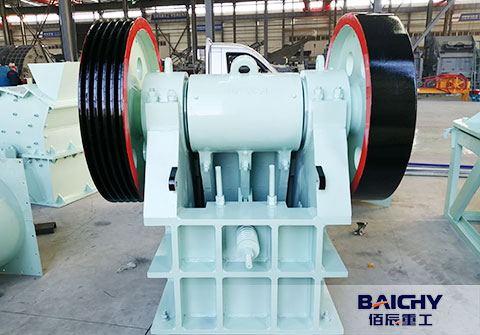
 2026-01-06
2026-01-06
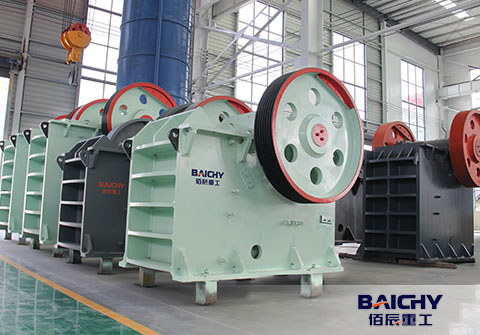
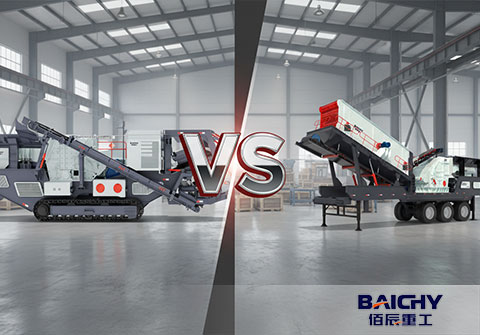
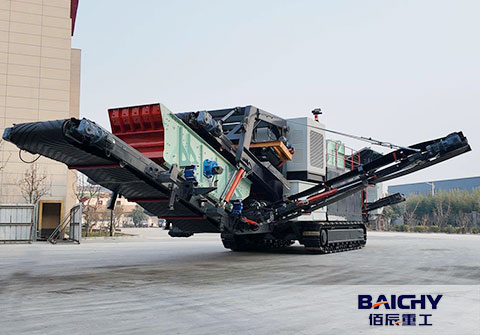
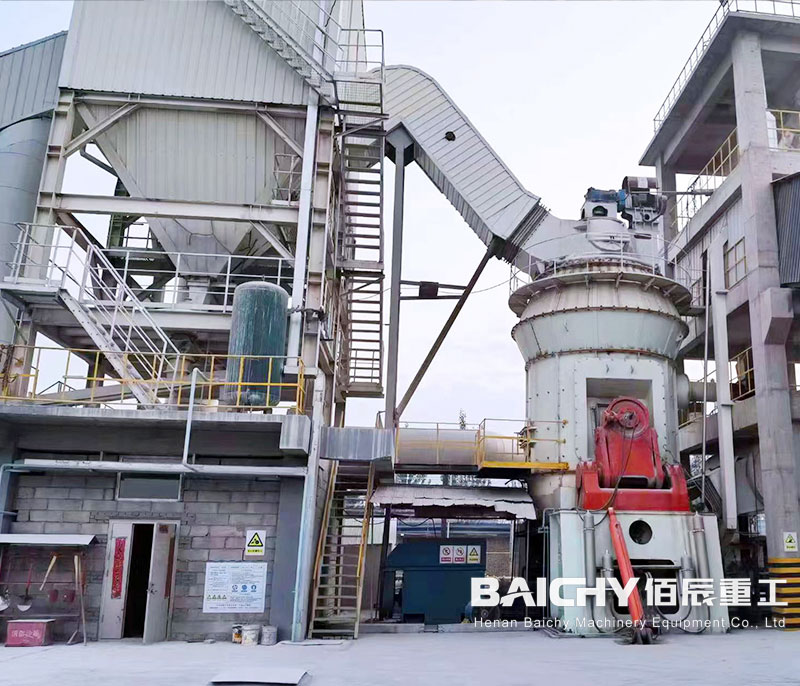
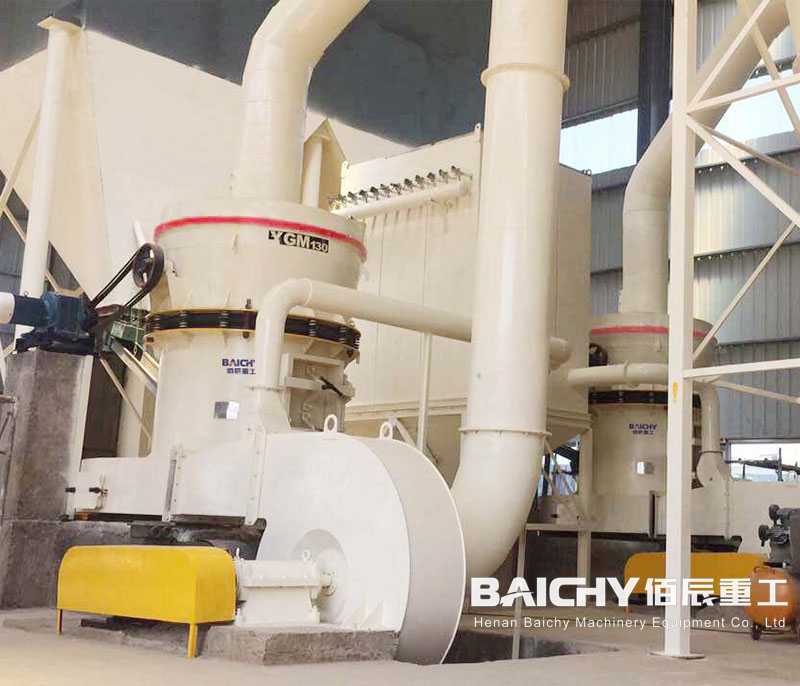
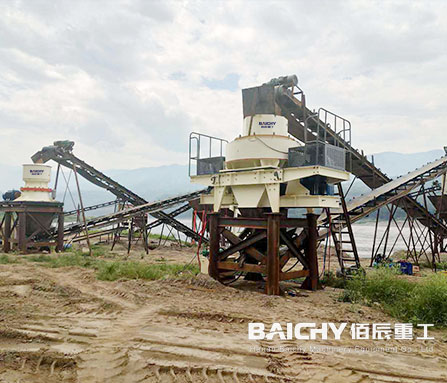
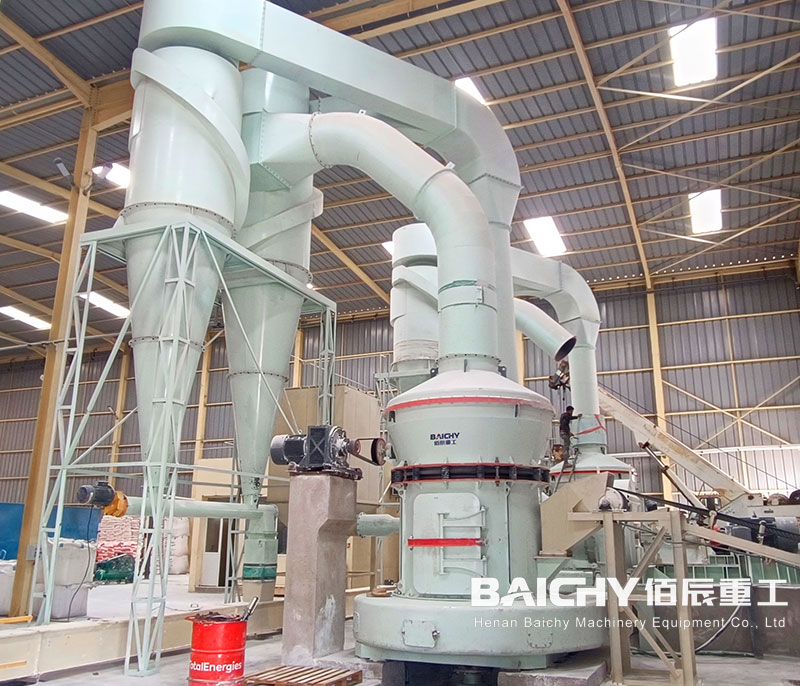














 86-15093113821
86-15093113821
 86-15093113821
86-15093113821

